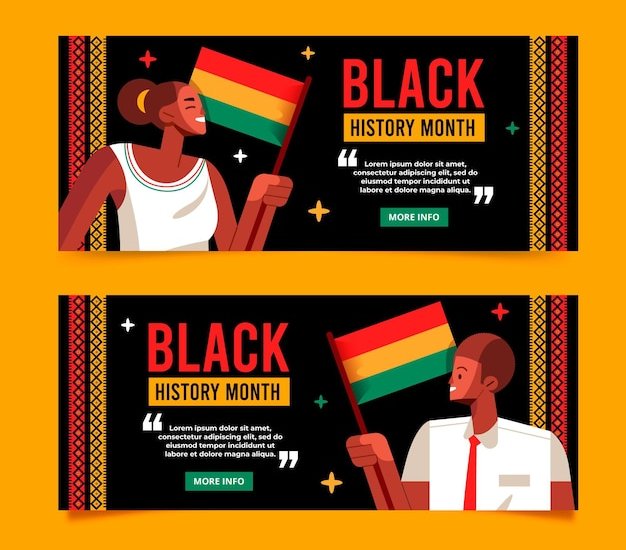Curious Insights about Ulysses S. Grant

Ulysses S. Grant was the 18th President of the United States.
Grant’s birth name was Hiram Ulysses Grant, but due to a mistake by a congressman, he became known as Ulysses S. Grant.
Grant was born on April 27, 1822, in Point Pleasant, Ohio.
Grant was an exceptional horse rider, even earning the nickname Unconditional Surrender Grant during the American Civil War due to his relentless pursuit of victory.
Grant’s presidency was marked by a focus on civil rights and reconstruction efforts in the post-Civil War era.
Despite his success as a military leader, Grant struggled financially throughout his life and faced financial ruin after his presidency.
Grant was the first president to have an automobile in the White House.
Grant wrote a critically acclaimed memoir while battling terminal throat cancer, ensuring financial security for his family.
Grant’s memoir, Personal Memoirs of Ulysses S. Grant, is considered one of the greatest works of American literature.
Grant had a close friendship with Mark Twain and credited him with encouraging him to write his memoir.
Grant’s tomb, located in Riverside Park, New York City, is the largest mausoleum in North America.
Grant’s face was featured on the $50 bill from 1913 to 19
During his presidency, Grant signed the Civil Rights Act of 1875, aimed at protecting the rights of African Americans.
Grant led the Union Army to victory over the Confederacy in the American Civil War.
Curious Insights about Ulysses S. Grant part 2
Grant’s victory at the Battle of Vicksburg was a turning point in the Civil War, giving the Union control of the Mississippi River.
Grant had a tumultuous relationship with his father, who disapproved of his military career.
Grant’s presidential campaign slogan was Let us have peace.
Grant was the first president to have his voice recorded on a phonograph.
Grant’s presidency was marred by scandals, including the Whiskey Ring and Crédit Mobilier scandals.
Grant’s favorite horse, Cincinnati, accompanied him to several battles during the Civil War.
Grant was known for his modesty and lack of ego, often referring to himself as Old Horse or simply Us.
Grant had a reputation for being a heavy drinker during his military career, but he quit drinking during his presidency.
Grant was an avid reader and carried books with him wherever he went.
Grant’s presidency saw the ratification of the 15th Amendment, granting African American men the right to vote.
Grant was a passionate advocate for Native American rights and implemented policies to protect their land.
Grant’s childhood home in Georgetown, Ohio, is now a National Historic Landmark.
Grant was the first president to be photographed in the White House.
Grant’s cabinet included the first African American cabinet member, Frederick Douglass.
Grant was the last president to have served in the Mexican-American War.
Grant’s presidency saw the completion of the First Transcontinental Railroad.
Grant was known for his strategic brilliance and quick-thinking on the battlefield.
Grant’s leadership during the Siege of Petersburg played a crucial role in the fall of the Confederate capital, Richmond.
Grant’s presidency saw significant progress in the reconstruction of the South and the restoration of the United States after the Civil War.
Grant’s childhood home was a tannery, and he worked there during his youth.
Grant’s mother wanted him to become a preacher, but he did not have a strong religious inclination.
Grant’s presidency launched a period of relative peace and stability after the turbulent years of the Civil War.
Grant’s first military assignment was in Missouri, fighting against pro-Confederate guerrillas.
Grant was a skilled equestrian and often won prizes in horse shows.
Grant’s presidency saw the establishment of Yellowstone National Park, the first national park in the United States.
Grant’s favorite pastime was smoking cigars, and he was rarely seen without one.
Grant’s leadership during the Battle of Shiloh was criticized, but President Abraham Lincoln stood by him.
Grant’s presidency faced opposition from white supremacist groups such as the Ku Klux Klan.
Grant encouraged Native American assimilation into American culture, leading to the creation of Indian boarding schools.
Grant’s presidency witnessed the completion of the Washington Monument in Washington, D.C.
Grant’s untimely death on July 23, 1885, was mourned by the nation, with over one million people attending his funeral procession in New York City.

